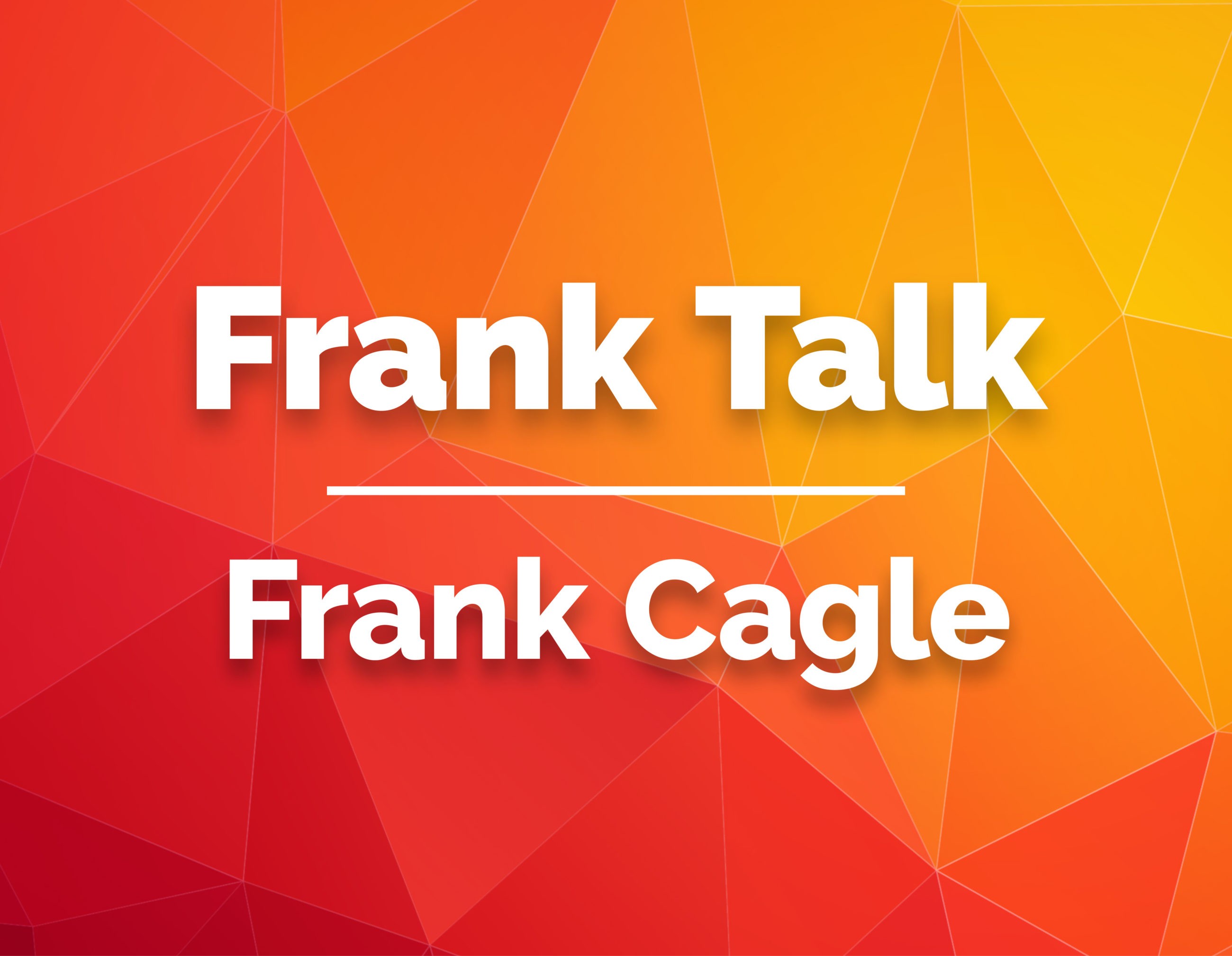Supporters have been fairly successful in rebranding school vouchers as “education savings plans,” but it’s more of the same and in some ways worse.
It sounds so benign. Savings are good. Education is good. This plan is not.
If you compute what a school system spends on each student and give that much money to parents to go out into the marketplace to educate their child, what is likely to happen? The specifics of what might be included in the final bill are up in the air. But I heard a presentation to the House Education Committee during last year’s legislative session on how such a plan might work. Here are some of the things that I see as being problematic.
Parents who plan to homeschool their children will get a bonus for doing what they were planning to do in the first place. Now they will get thousands of dollars in a windfall. Those who do it now do so because they think it’s good for the child. We don’t want to incentivize people to do it for the money.
Parents are allowed to spend the money just about any way they want. So some parents could spend a voucher, er, savings money, on ballet lessons or piano lessons. Nothing wrong with ballet lessons or piano playing, but they shouldn’t be paid for by taxpayers. Once the school system starts handing out money, how much school staff will it take to keep up with how the money is spent? How much staff will be required to monitor these arrangements and ensure parents don’t just bank the money or buy an “educational” flat-screen TV?
Will students getting vouchers be tested, as is required of all public school students? If a private school is getting these vouchers to teach the kids, will private schools be required to do testing? If the state can require private schools to do testing, then the private school will be obligated to teach to the test. In other words, the state will control the curriculum of private schools.
Most failing schools are not in the neighborhood of good private schools. How will inner-city kids get to suburban private schools? Can a parent in Austin Homes drive the kid to Grace Christian, Catholic or Webb? There and back each day?
So fly-by-night private schools could pop up in poor neighborhoods overnight, like mushrooms. Can anyone spend the money to build a school and operate on voucher funds? Would they build it in a poor neighborhood and have the investment in the building at the whim of the legislature should the voucher program fail? Or will they rent some dilapidated building and set up shop?
But despite some practical problems, it is the pernicious theory of vouchers themselves that is the problem, no matter what you call it. We, as a society, have decided that an educated populace is necessary for the public good. So we pay taxes and fund public schools. Everybody pays taxes. Everybody has an interest in how successful public schools can be. Parents can take some of our tax revenue only if parents pay all the school taxes. Parents have no more right to take money out of the public treasury than anyone else.
If a teacher has 25 students in a public school and two of the students get vouchers to go elsewhere, how does the money work? You still have to fund the classroom. The teacher’s salary. The school staff. You can’t just remove two seats on the school bus. The costs are fixed. The idea that you can take money and issue vouchers without hurting the public schools is just wrong.
These reasons are why voucher plans have not passed. Cooler heads, using logic, refuse to fall for political propaganda. They live in the real world.
It’s too quiet: There have been scattered complaints and calls for a new coach for the Lady Vols basketball program. News Sentinel columnist John Adams has called for Holly Warlick to be fired. Maybe I don’t move in the right circles, but I don’t hear righteous anger or strident calls for a change.
I think that’s worrisome. Do people not care enough about women’s basketball now to get excited by repeated failure? Like being beaten at home by Vanderbilt, the worst team in the SEC? Pat Summitt brought excitement and huge success to the Lady Vols and to women’s basketball in general. Following a legend is tough, and one can have sympathy for Warlick. She was a good hire to make the transition from Summitt. But if people still think the Lady Vols should be contending for more championships, then a new coach is in order. If they don’t care, that’s bad.
Expensive week: One of only two platinum contributors ($250,000) to the Conservative Political Action Conference, or CPAC, last week was made by Dragging Canoe – Pigeon Forge, according to OpenSecrets.org. If you aren’t up on your Tennessee history, Dragging Canoe was a Native American who waged war on the early settlers of East Tennessee. That’s the name being given to a tourist attraction in Pigeon Forge scheduled to open next year.
The Dragging Canoe project is owned by Specialty Investment Group of Knoxville. The president and CEO is William Rose Jr. Rose came to public notice when his company donated $5.3 million to the FreedomWorks of America super PAC in 2012, which the Center for Public Integrity called one of the largest single corporate contributions of the cycle.
Dragging Canoe is billed as a Second Amendment-themed entertainment venue and restaurant.
TVA has saved Chattanooga again. The Times-Free Press reported in the Sunday edition that the Tennessee River is 12 feet above normal beside the River City and three feet from flood stage. Chronic flooding of Chattanooga was cited in the effort to create TVA.

